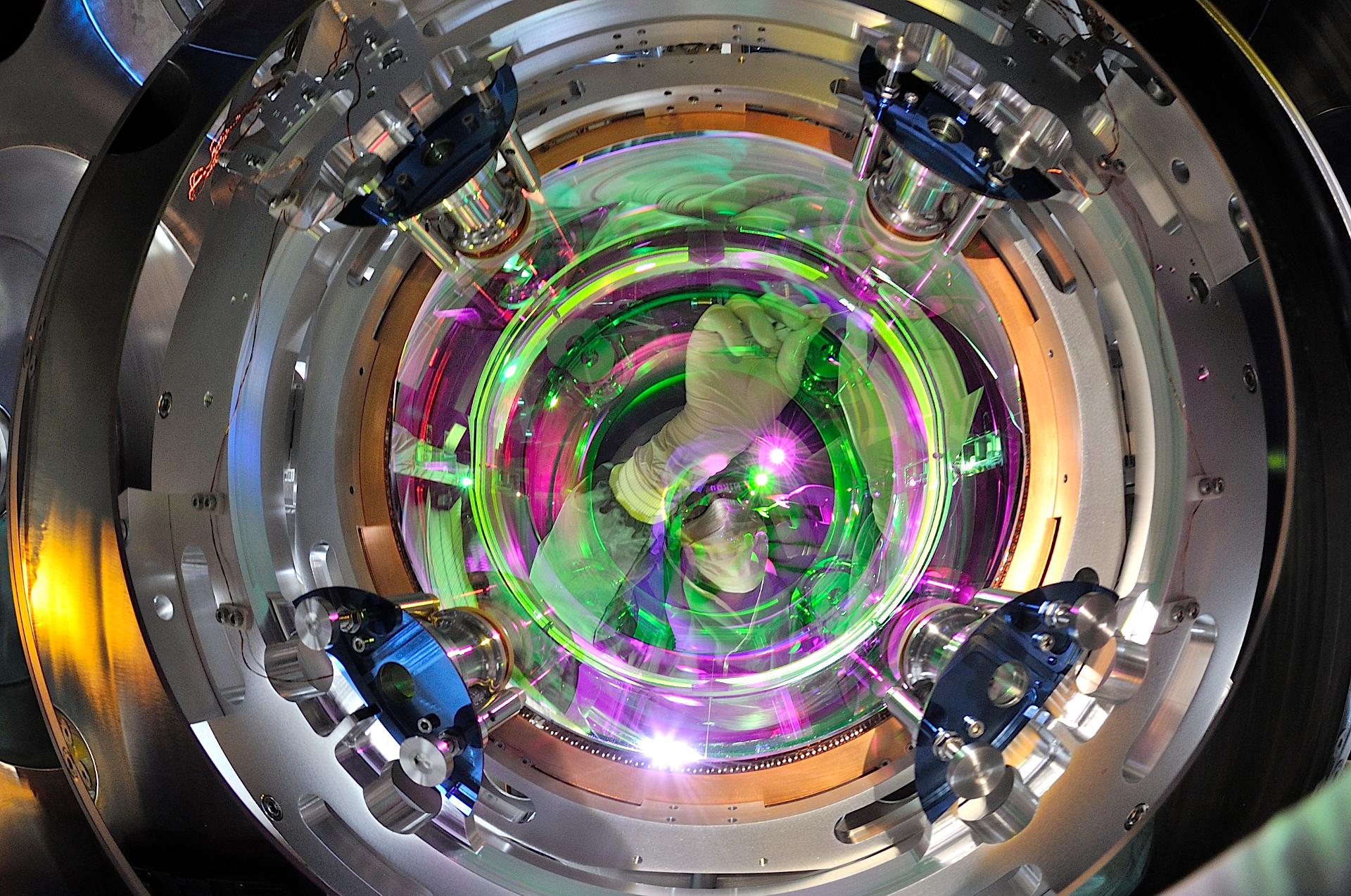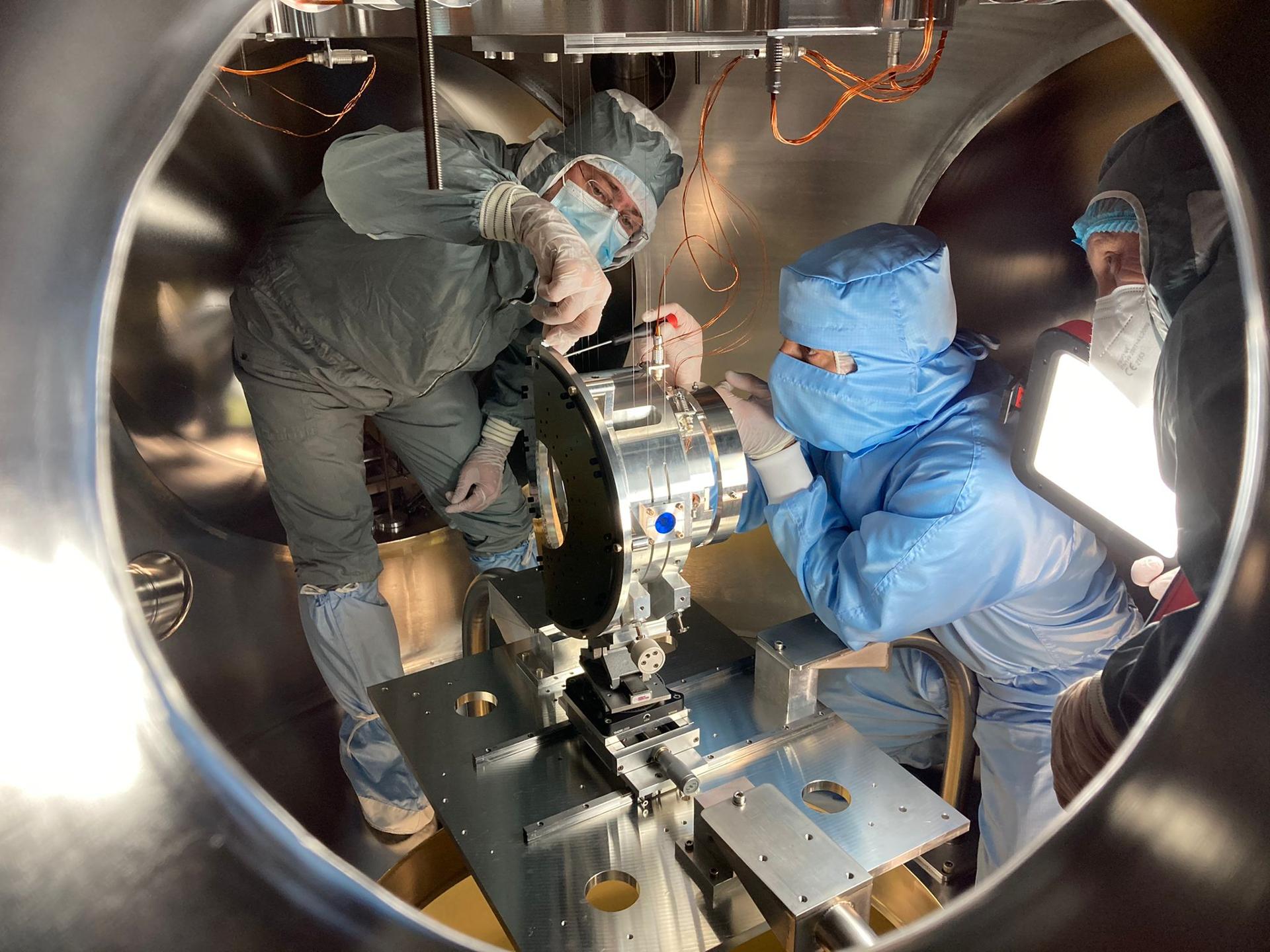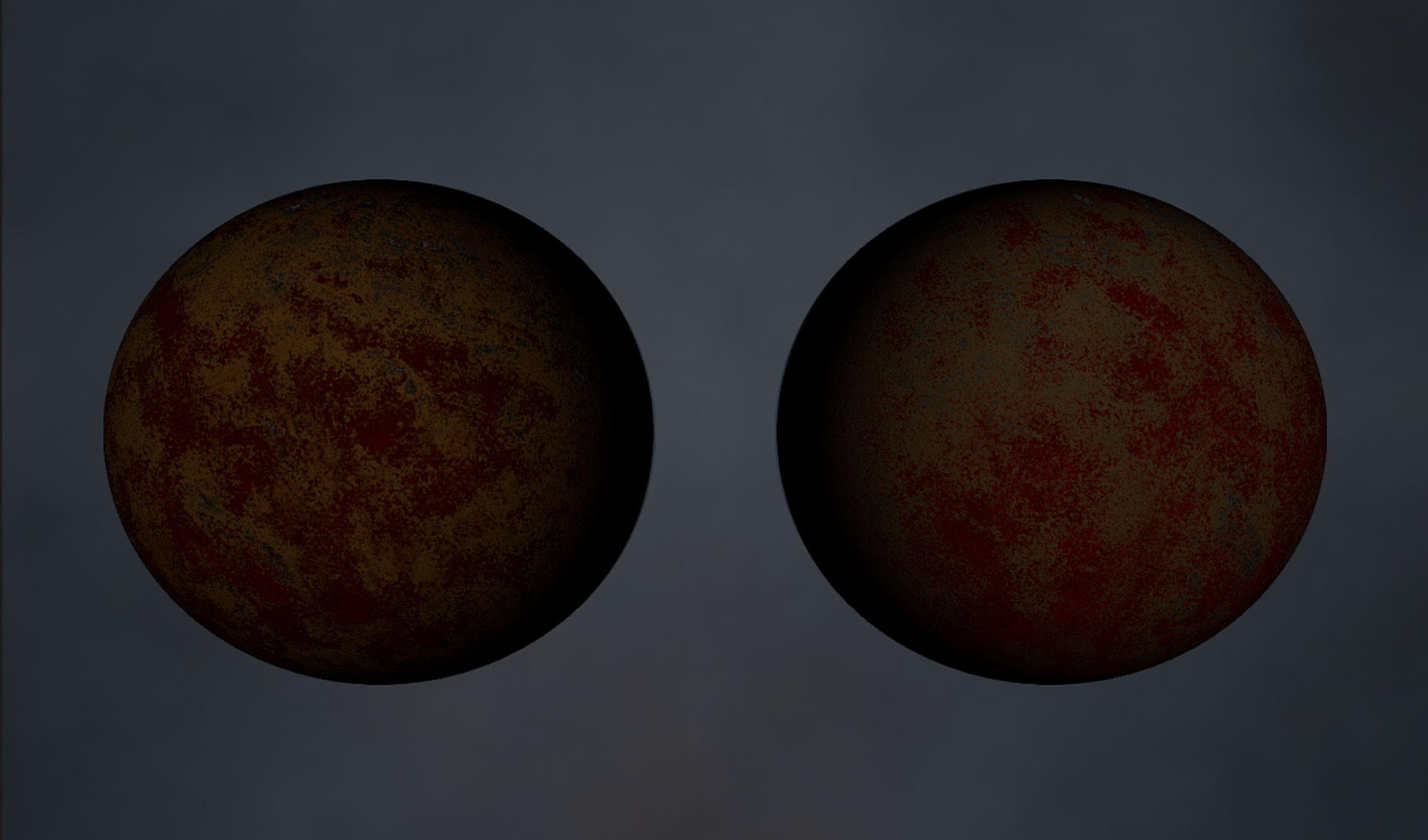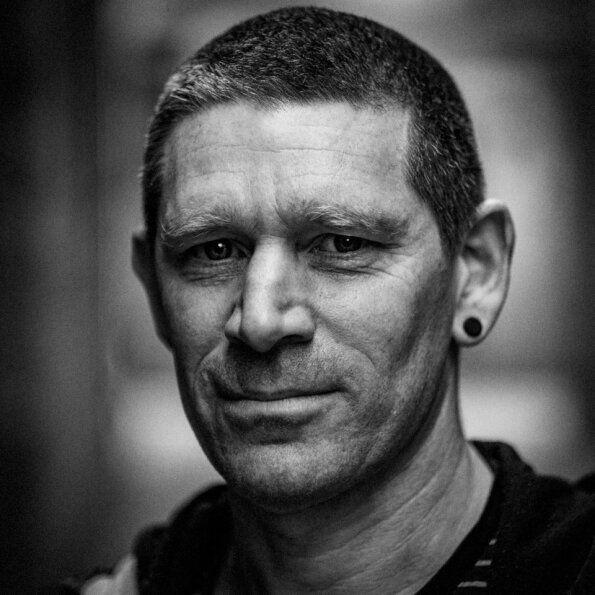Massive Binaries, a project of Andy Gracie developed in the Randa Art|Science Residency, will be presented at Ars Electronica Festival 2023 from September 6 - 10. The work of the British artist based in Barcelona represents an important contribution to the dialogue between art and science. It will exhibit for the first time in this unique international event for digital art, which once again will invite artists, scientists, developers, entrepreneurs, and activists from around the world to Linz, Austria. This year’s edition revolves around the question: Who Owns the Truth? and Massive Binaries will be part of the central thematic exhibition of the Festival.
According to Andy Gracie, artist work from obsessions, his current obsession being the fragility and the transitoriness of human existence compared to the unfathomable scale of the universe: "I attempt to describe that by making inroads into fields such as cosmology or biosemiotics". Gracies’ installation takes inspiration from his residency at the Institut de Física d’Altes Energies (IFAE), one of the centres making up the BIST Community in Barcelona, where he researched gravitational waves and particle accelerators.
Massive Binaries suggests two narratives from different fields. The first is a pair of neutron stars that orbit around each other and eventually merge, generating huge amounts of energy. A phenomenon currently studied through gravitational waves, as investigated at IFAE. In opposition to neutron stars, the other system is the increasingly polarized contemporary society: left versus right, scientific believers vs. science deniers...
For the artist, the bridging mechanism between them is the use of AI as a tool for enhancing information on the one hand and as an eraser of truth and meaning on the other. While in the study of gravitational waves AI can be a tool to extract valuable data, “in contemporary society the use of AI can make the truth harder to grasp, as opposed ideologies can use AI to enrich their positions and create fake truths”.
Massive Binaries features an installation consisting of a mechanical sculpture that creates shadows in orbiting spheres. There are two accompanying video screens. One is to develop the narrative of the neutron star with texts based on interviews with scientists, and the second is to show two characters generated as artificial intelligences, defending their positions against each other. Andy Gracie will present his project in an Expert Tour on Thursday, 7 September, 15h.
Randa Art|Science Residency is the first artistic residence focusing on the intersection of art, science, and technology organized by The Institut Ramon Llull and developed at Ars Electronica (Linz) and Barcelona Institute of Science and Technology (BIST) in collaboration with the Hub d’Art, Ciència i Tecnologia de Barcelona Hac Te and NewArtFoundation.
Catalonia has constantly participated in Ars Electronica’s last editions with relevant projects such as Ecosistemes col·laboratius per a un món sostenible, in 2022. In the editions celebrated during the pandemic, in 2020 and 2021, the AE Garden Barcelona became one of the main delocalised venues of the Festival.
The artist Andy Gracie (London, 1967) works in formats and disciplines including: installation, robotics, sound, video, and electronic media. He employs scientific theory and practice to question our relationships with exploration and experiment while simultaneously bringing into focus the true relationship between art and science. His work involves engagements with space research, cosmology, and deep time, and features an ongoing examination of semiotics, simulation theory, and post-apocalyptic scenarios.









